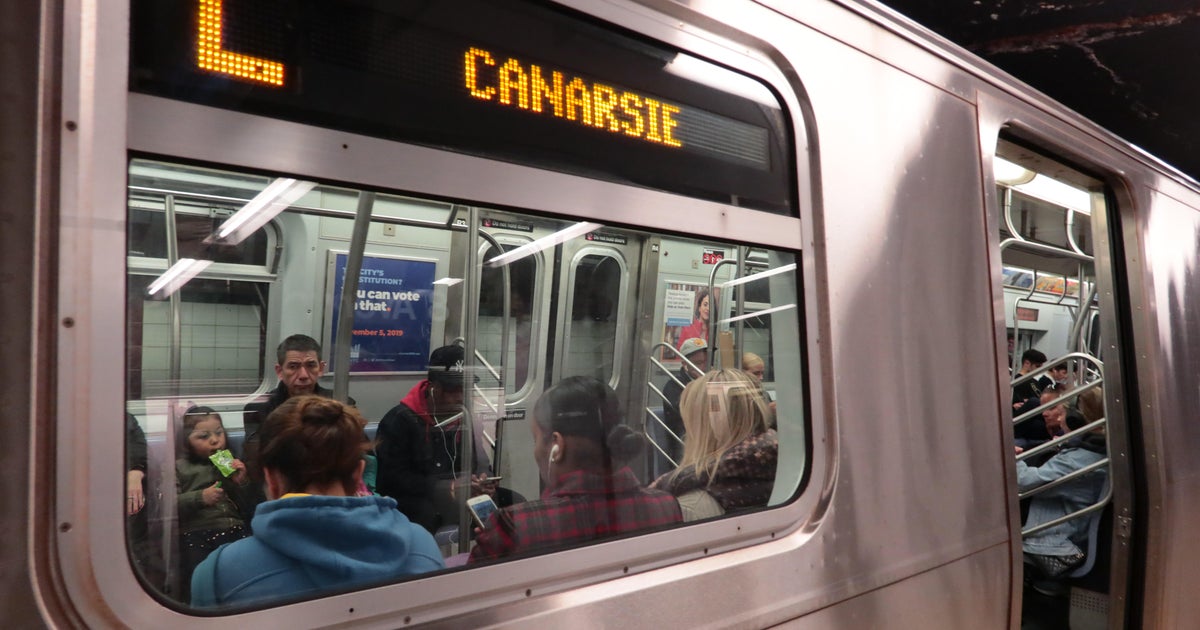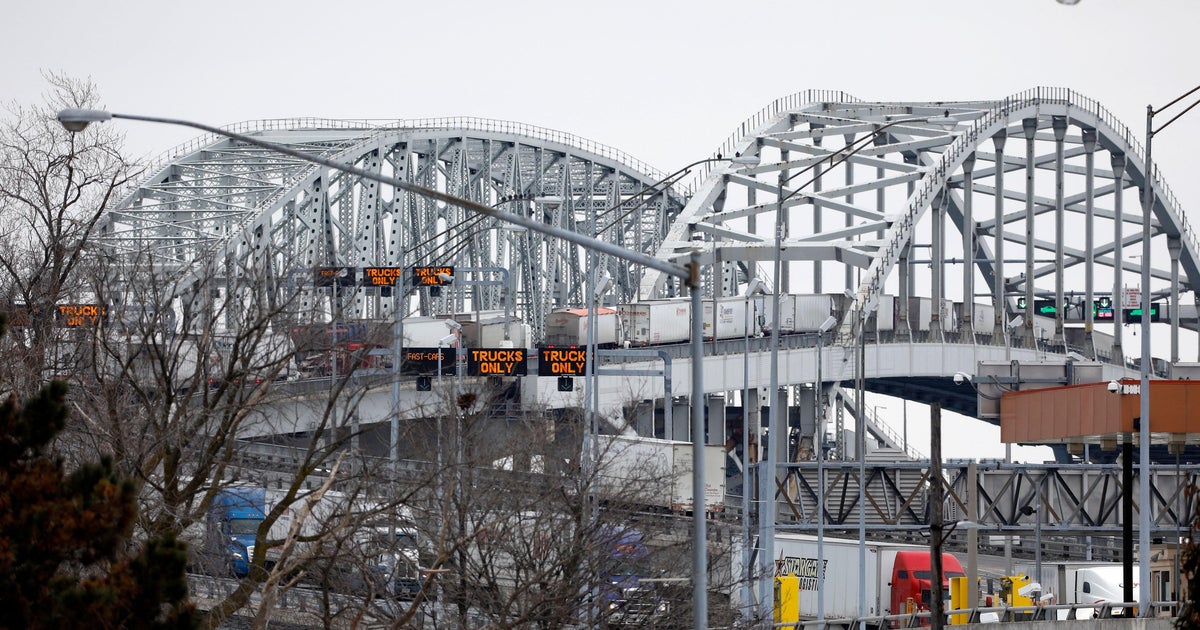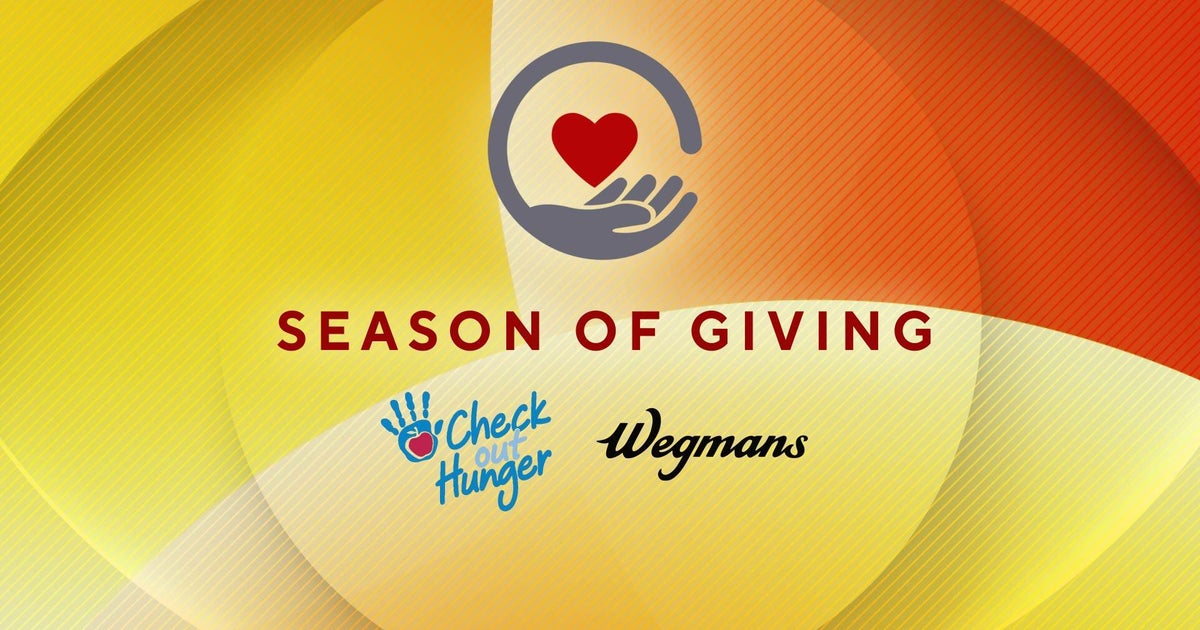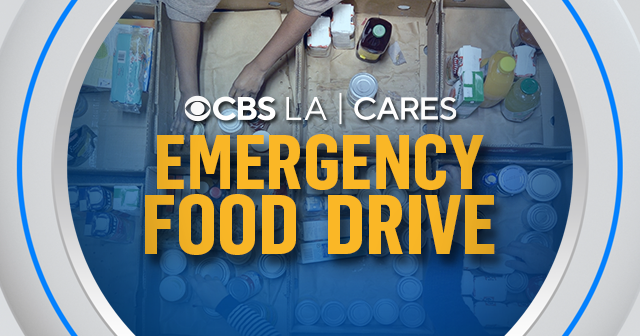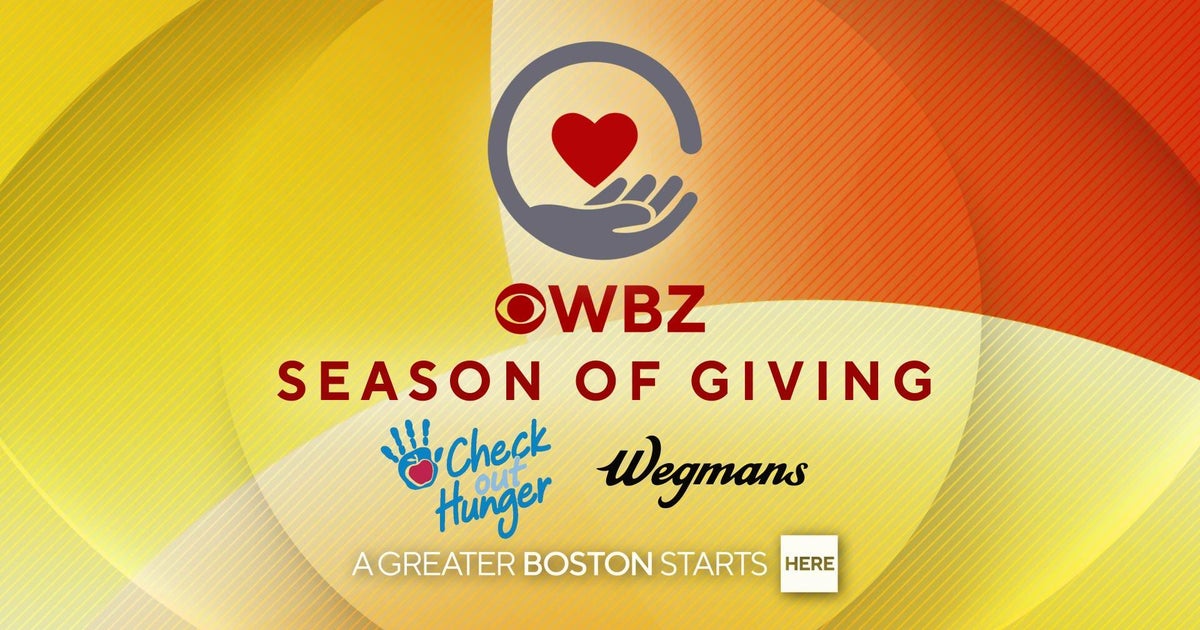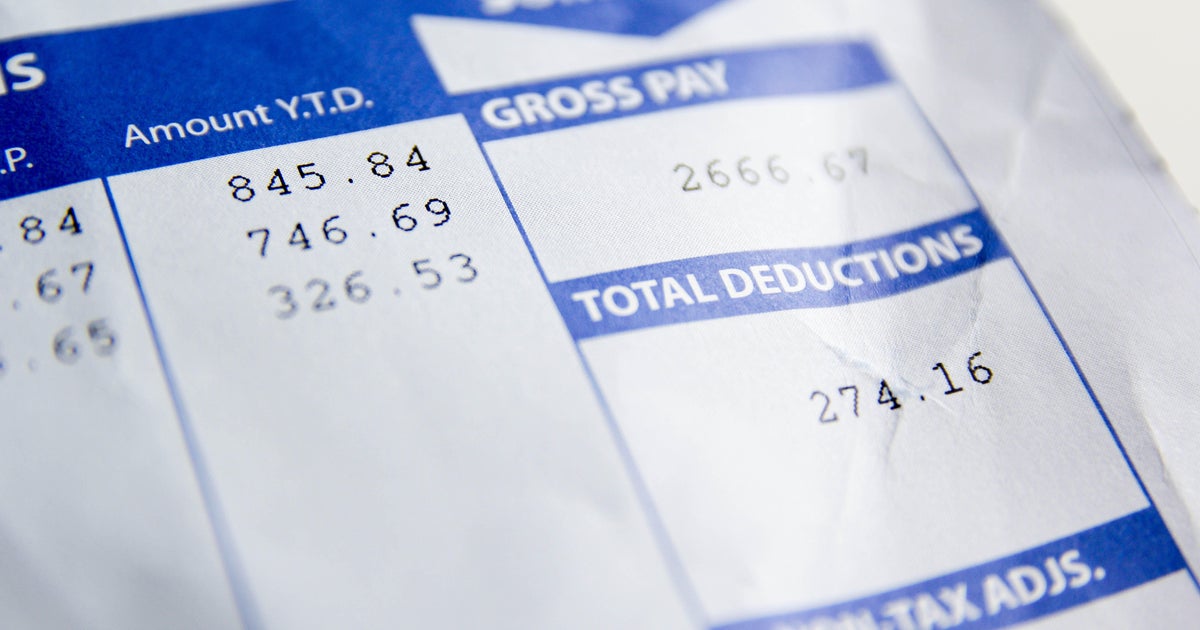Some New Yorkers say they've been driven into debt by MTA toll fees. We asked the agency for answers.
Across New York, some drivers say missed tolls have spiraled into an overwhelming financial burden.
Behind every toll bill is a system few understand and even fewer can fight alone.
In the new series "Driven into Debt," CBS News New York investigator Mahsa Saeidi looks at how the MTA's toll system works and who's paying the price.
MTA says toll payer advocate can help drivers reduce fees
In September, Saeidi first looked into the MTA's toll violation fees, speaking to a driver with outdated E-ZPass accounts who was hit with late fees nearly five times the original tolls.
After CBS News New York contacted the MTA, that driver's fees were cut in half. Then, other drivers reached out, saying they were facing similar debt.
Under the MTA's current system, a few thousand dollars in unpaid tolls can snowball into tens of thousands of dollars in debt.
"Everybody should pay their bills, and just like when you don't pay your bills to a credit card company ... there are going to be additional fees," MTA Chairman and CEO Janno Lieber said in September.
He says unlike credit card companies, however, the MTA has a toll payer advocate that will work to reduce fees.
"And a lot of people who come to you and complain basically say, I shouldn't have to pay at all," Lieber said. "What we're saying is, come to the MTA and we'll work something out with you."
But some drivers claim the toll payer advocate's process is slow and seems secretive.
"Again, just come to us. We have a pretty successful record of working out payment plans with anybody who wants to settle up," Lieber said.
Driver says MTA changed fee reduction without explanation
Brooklyn resident Ian Chichester got a notice from the MTA last year for $3,234.06 in tolls. The fees, however, were ten times the tolls, bringing his total bill after the MTA's late charges to $35,034.06.
He said he received the letter Aug. 9 and called the MTA on the 16th. During that phone call, Chichester said they offered him an 80% fee reduction, bringing his bill down to about $10,106.95, and gave him 30 days to accept the deal.
Chichester said he called the MTA back within that 30-day window to accept the offer, but he was then told they could only offer a 50% fee reduction, meaning he would have to pay $560-570 per month for three years.
"Why? I don't know," Chichester said. "I constantly think about it ... Where's that money coming from?"
What's more, he wasn't even the one who racked up the tolls. Chichester co-registered the vehicle to help out a family member.
"I used go from work, pick him up, bring him back ... You have no idea how tough that was," he said. "So he never paid the toll, never got the E-ZPass, and they sent me this letter."
Saeidi contacted the MTA, and they agreed to honor Chichester's original deal but never explained what caused the sudden discount reversal.
Even with the 80% fee reduction, the MTA gave Chichester a three year payment plan to pay back the debt at a rate of around $250 a month, which includes the tolls and the added lates fee. He calls it "highway robbery."
"It's not fair," he said. "You shouldn't be doing that."
Questions remain about MTA fee structure
After numerous calls and emails for answers, the MTA connected Saeidi to MTA Police Chief Thomas Taffe.
"As part of government, we build things, people use these things, and they have to pay to use these things. And when they pay, there are no fees," he said.
Online, the MTA says after 60 days, the fee is $50 for each unpaid toll. When asked if those are one-time fees, Taffe said he didn't know about the fee Saeidi was referring to.
"In general, once again, if you pay the toll, there will be no fees," he said.
Taffe was questioned about how fees escalate and deals the MTA makes. He said he was "not aware of" any written rules guiding who gets a deal.
The chief is the authority on enforcement but, understandably, not necessarily fee structure.
The MTA initially declined to answer CBS News New York's questions, later stating in an email, "Chief Taffe's on-camera responses speak for themselves."
After much back-and-forth, the MTA did finally answer one question about the fees. They say the $50 fee that's tacked onto each unpaid toll is a one-time fee.
All the tolling authorities say they give notice before the fees kick in, but lawmakers and attorneys say many drivers claim they never got the notice until it's too late, often because it goes to an old DMV address.
The MTA handles the congestion pricing zone, as well as the following bridges and tunnels:
- Hugh L. Carey Tunnel
- Bronx - Whitestone Bridge
- Cross Bay Bridge
- Henry Hudson Bridge
- Marine Parkway Bridge
- Queens Midtown Tunnel
- Robert F. Kennedy Bridge
- Throgs Neck Bridge
- Verrazzano - Narrows Bridge
As we continue to look into the MTA's fee system and their policies, drivers who want to share their experiences can reach out to Mahsa Saeidi by clicking here.

